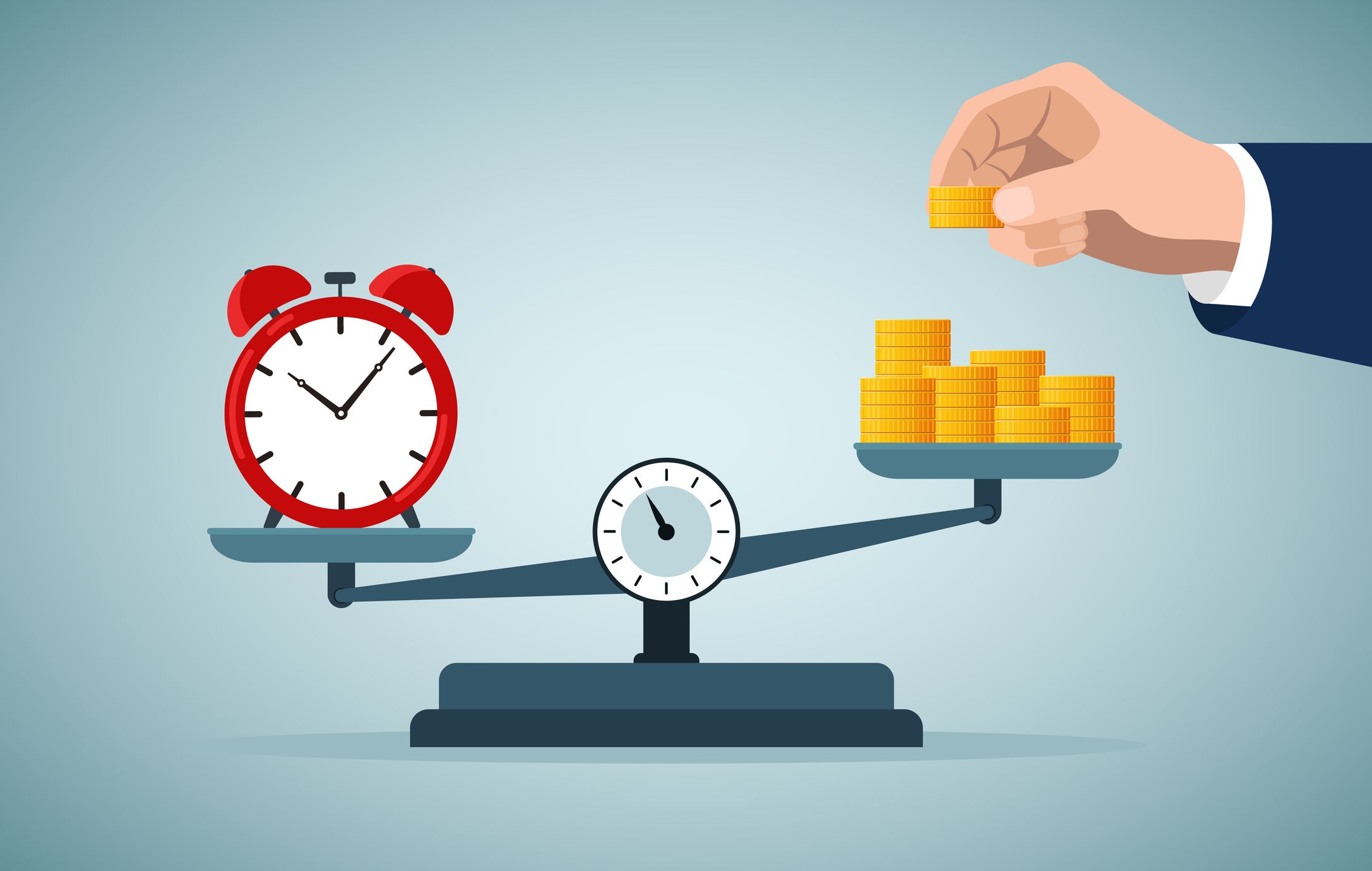Are you feeling the pinch as a self-employed worker? If so, you’re not alone!
Taking control of your finances can feel like a tough ask when your income is unreliable. And according to data from the Institute for Fiscal Studies (IFS), about a quarter of self-employed Brits have total wealth of less than £10,000, while more than half have nothing saved in their pension.
But the good news is, there are plenty of simple ways to help you get your finances on the right track.
Build a budget
Being self-employed can sometimes feel like juggling in the dark. You don’t know how much money is coming in and how much you have to play with. But setting a simple budget is crucial if you want to stay on top of your money.
Sarah Coles, head of personal finance at investment platform Hargreaves Lansdown, says that budgeting is especially hard when your income is variable.
She suggests drawing up a monthly spending budget based on a lean month.
“This ensures that when times are tighter, you can still cover the cost of the essentials,” Ms Coles explained. “Then, in the better months, you can set aside money to spend on nice-to-haves, annual things like holidays and Christmas, and pension top-ups. It means too many lean months will result in a frugal Christmas rather than a missed bill.”
Save for your tax bill
It might not be exciting, but staying on top of your tax is vital when you’re self-employed. Unlike employees, tax isn’t collected automatically and it's up to you to set aside the right amount.

It can feel like a double-whammy in your first year because money owed for the tax year ending April 2025 is due by 31 January 2026. But this payment is shortly followed by a “payment on account” for the next year.
You’re effectively paying around 18 months’ worth of tax in one go.
Ms Coles says it’s worth estimating your tax band and saving this percentage of your income each month. “This simple rule of thumb should mean you will tend to save slightly too much - because you won’t pay tax on the first chunk of your income, and will only pay higher rates on a slice of your income. This will leave you options for saving, investing or spending at the end of the year.”
Have a cash buffer
Saving a decent cash buffer is a must when you’re self-employed, as it will help you sail through any tight periods.
Most experts recommend aiming for enough cash to cover three to six months’ worth of essential spending, but you could need more if you’re self-employed as a few quiet months could see your savings quickly eroded.
Again, basing your spending on your worst months and setting aside cash when you have a good month can be a great way to build up savings.
Once you have some savings, it’s well worth shopping around for the best interest rates, which vary significantly on cash savings accounts - you’ll often get the best rates with a savings account with limited withdrawals.
Get life insurance
Joining the ranks of the self-employed means leaving behind the perks enjoyed by employees - and that includes life insurance, which often comes automatically with a workplace pension.
In return for paying a regular monthly premium, life insurance will typically pay out a lump sum to your loved ones when you die.
Getting some cover in place doesn’t have to be expensive and can be a massive weight off your mind.
Don’t forget retirement!
Last, but not least. Saving for retirement is crucial, but tricky when you’re self-employed. With no access to a workplace pension, the onus is on you to provide for the future.

Helen Morrissey, head of retirement analysis at Hargreaves Lansdown says that although self-employed workers don't have a workplace pension, they do have several other options.
“Pensions are extremely tax-efficient, but many self-employed people may be hesitant to lock their money away until at least the age of 55 in case work dries up and they need extra cash,” she said.
“ISAs can offer flexibility in that you can access the money if needed and any income taken is tax free. However, for those aged under 40 a Lifetime ISA (Lisa) is another option that could really boost retirement savings.
“You can contribute up to £4,000 per year to a Lisa and receive a 25 per cent government bonus - a valuable boost to your savings and it also has the same effect as basic rate tax relief on a pension. Any income taken from the Lisa post-60 is also tax free so it can prove to be a compelling prospect for self-employed people paying basic rate tax.”
You should always make sure a Lisa is the right product for you though, given restrictions on use and penalties for withdrawing the money for other reasons. Whichever product you use, don’t let your retirement take a back seat until it’s too late.
When investing, your capital is at risk and you may get back less than invested. Past performance doesn’t guarantee future results.
Join our commenting forum
Join thought-provoking conversations, follow other Independent readers and see their replies
Comments